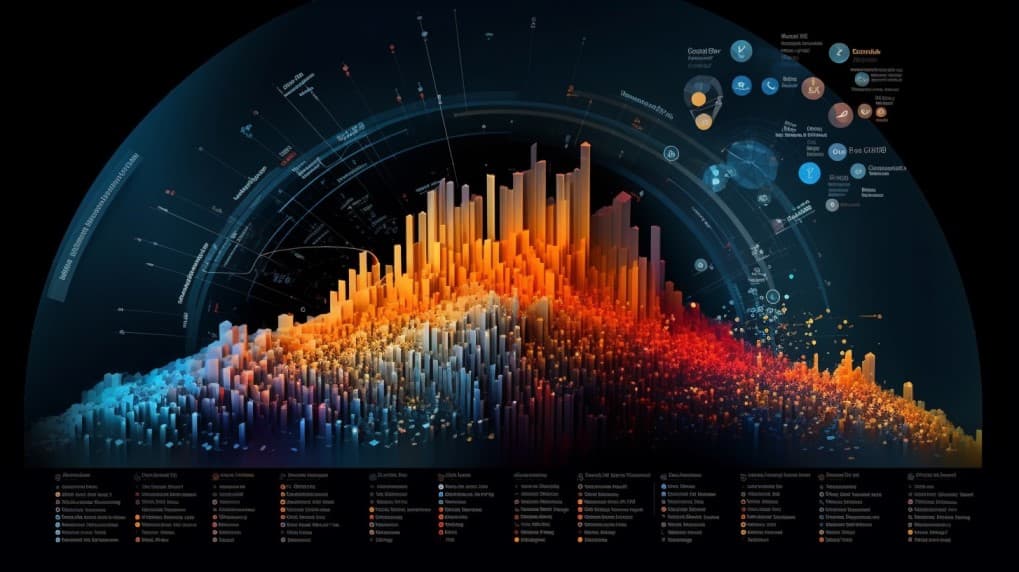
EWJ VS QQQ
Exchange-Traded Funds (ETFs) have become a cornerstone of modern finance, offering investors diversified exposure to a wide range of sectors and asset classes. In this article, we will conduct a thorough comparison between two popular ETFs: EWJ (iShares MSCI Japan ETF) and QQQ (Invesco QQQ Trust). We'll delve into various aspects, including ETF tickers, full names, issuers, sectors, top holdings, capitalization, strategy, tracking, and exposure.
EWJ VS QQQ: Overview
EWJ and QQQ are two ETFs that cater to different investment strategies and markets. While EWJ focuses on the Japanese equity market by tracking the MSCI Japan Index, QQQ tracks the Nasdaq-100 Index, which comprises primarily U.S. technology stocks. This fundamental difference in focus leads to distinct investment opportunities and risks, which we will explore further.
EWJ VS QQQ: Sectors and Top Holdings
EWJ is primarily invested in Japanese equities, with holdings in companies like Toyota, Sony, and SoftBank Group. On the other hand, QQQ's portfolio is dominated by tech giants such as Apple, Amazon, and Microsoft. Understanding the sectors and top holdings of these ETFs is crucial for investors looking to align their investments with specific industries and companies.
 EWJ overlap EWJ VS QQQ
EWJ overlap EWJ VS QQQ
EWJ VS QQQ: Capitalization and Strategy
EWJ boasts a significant asset under management (AUM), reflecting its popularity among investors seeking exposure to the Japanese market. QQQ, with its focus on the technology sector, has also garnered substantial AUM. However, their investment strategies differ significantly. EWJ provides broad exposure to the Japanese equity market, while QQQ concentrates on the technology and internet-related industries. These varying strategies come with distinct risk and return profiles, making it essential for investors to carefully consider their investment objectives.
EWJ VS QQQ: Tracking and Exposure
EWJ aims to mirror the performance of the MSCI Japan Index by investing in Japanese equities. Conversely, QQQ seeks to replicate the Nasdaq-100 Index, which consists primarily of U.S. technology stocks. The tracking methods and exposure of these ETFs differ considerably. EWJ provides access to the Japanese equity market, while QQQ offers exposure to the dynamic world of technology and innovation. Understanding these differences is vital for investors to make informed decisions.
Conclusion
EWJ and QQQ are distinctive ETFs, each catering to a specific market and investment strategy. To delve deeper into their holdings, correlations, overlaps, and gain more insights, consider using ETF insider. This user-friendly app provides extensive information on these and other financial instruments.
Disclaimer: This article does not provide any investment advisory services.
EWJ ETF issuer
EWJ ETF official page
QQQ quote and analysis
Discover the top holdings, correlations, and overlaps of ETFs using our visualization tool.
Our app allows you to build and track your portfolio.
To learn more about the QQQ Invesco QQQ Trust, access our dedicated page now.